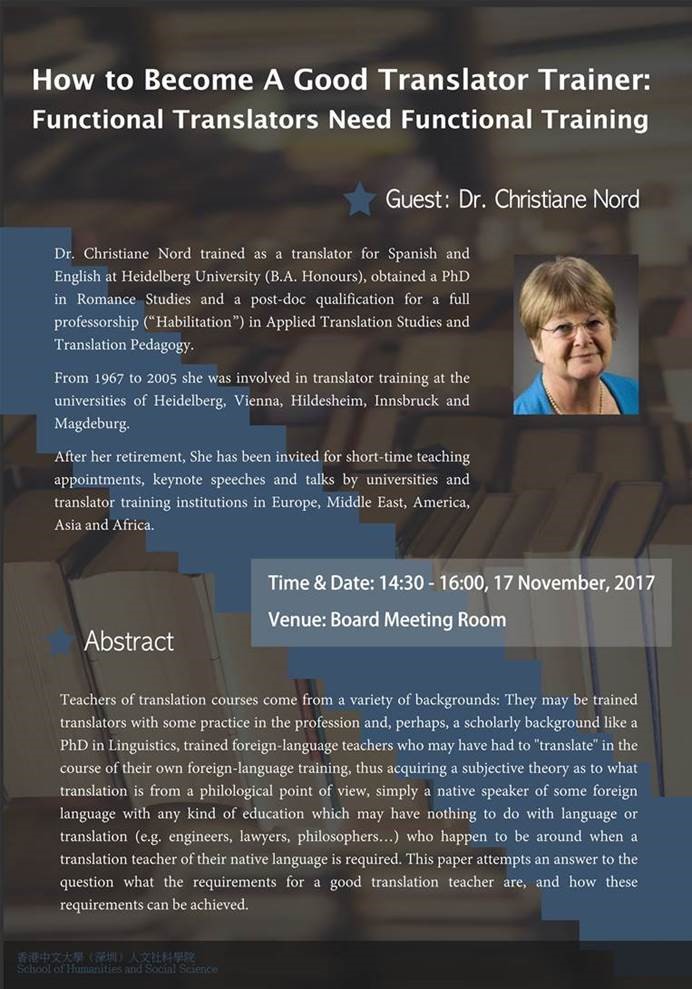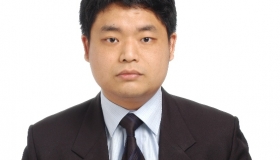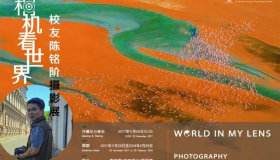How to Become A Good Translator Trainer: Functional Translators Need Functional Training
Topic: How to Become A Good Translator Trainer: Functional Translators Need Functional Training
Time & Date: 14:30 - 16:00, 17 November, 2017
Venue: Board Meeting Room
Guest: Dr. Christiane Nord
Dr. Christiane Nord was trained as a translator for Spanish and English at Heidelberg University (B.A. Honours), obtained a PhD in Romance Studies and a post-doc qualification for a full professorship (“Habilitation”) in Applied Translation Studies and Translation Pedagogy. From 1967 to 2005 she was involved in translator training at the universities of Heidelberg, Vienna, Hildesheim, Innsbruck and Magdeburg. After her retirement, She has been invited for short-time teaching appointments, keynote speeches and talks by universities and translator training institutions in Europe, Middle East, America, Asia and Africa. She has about 200 publications about theoretical, methodological and pedagogical aspects of "functionalism" in translation. Since 2007, she is a research associate and professor extraordinary of the University of the Free State, Bloemfontein, South Africa.
Abstract:
People often complain that there is no formalized training for would-be translation teachers. Teachers of translation courses come from a variety of backgrounds: They may be trained translators with some practice in the profession and, perhaps, a scholarly background like a PhD in Linguistics, trained foreign-language teachers who may have had to "translate" in the course of their own foreign-language training, thus acquiring a subjective theory as to what translation is from a philological point of view, simply a native speaker of some foreign language with any kind of education which may have nothing to do with language or translation (e.g. engineers, lawyers, philosophers…) who happen to be around when a translation teacher of their native language is required. Hardly any one of them has any pedagogical training (although some may be talented teachers!). In the course of their working life as teachers of translation courses some develop their own teaching methodology, and when they retire, their methodology retires with them. This paper attempts an answer to the question what the requirements for a good translation teacher are, and how these requirements can be achieved.





